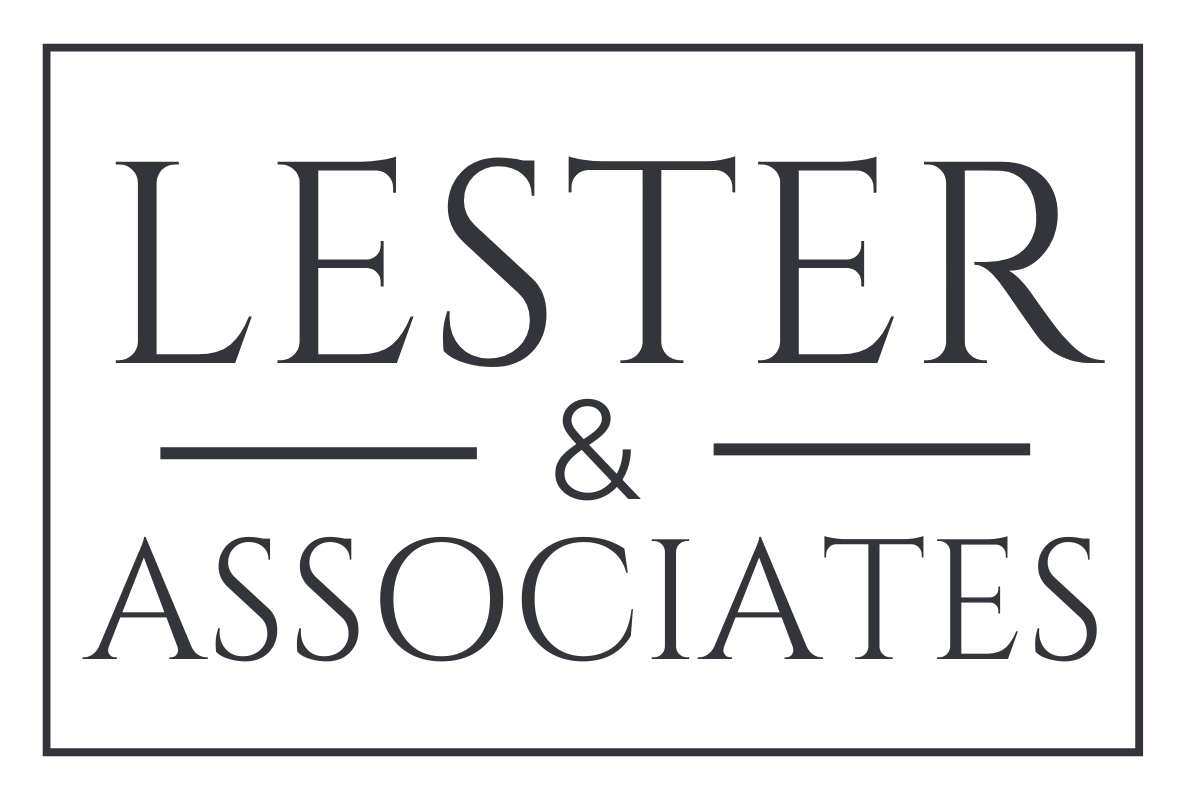More on Discoverability: May 13 2019
More on Discoverability: Grayson Consulting Inc. v. Lloyd 2019 ONCA 79
There is an ever-growing list of situations where discoverability questions can arise in the context of a limitations defences. This is particularly the case concerning the question of when “a reasonable person with the abilities and in the circumstances of the person with the claim first ought to have known of the” claim. In the recent case of Grayson Consulting Inc. v. Lloyd 2019 ONCA 79, the Ontario Court of Appeal considered the issue whether a judgment creditor in South Carolina waited too long to try to enforce its judgment in Ontario.
The facts are simple. In 2014, the plaintiff obtained a default judgment in a South Carolina court in the amount of roughly $450 million (US) against the respondent, Clifford Lloyd, and others, alleging that the defendants had defrauded numerous investors in respect of a Ponzi scheme. The complaint alleged that a company called Derivium Capital had been used as one of the vehicles by which to perpetrate the fraud. At one point, Lloyd had acted as corporate counsel for Derivium. Initially, Lloyd defended the action (which was commenced in 2007) and in 2013, he was successful in having some of the claims against him dismissed. Other parts of the claim were allowed to continue, however, and at that point, Lloyd stopped participating in the proceeding.
In August, 2014, the plaintiff obtained default judgment against Lloyd, and others. While some of the defendants appealed, Lloyd did not. These other appeals were not resolved until March of 2016, but the time for Lloyd to appeal expired in September of 2014. Three years after that date, in December 2017, the plaintiff commenced an action in Ontario for an order to recognize and enforce the South Carolina judgment. The president of the plaintiff deposed that after obtaining the judgment, he took steps to determine whether Lloyd had any assets but it was not until October 2017 that he discovered that Lloyd had assets in Ontario, notwithstanding the fact that Lloyd had lived in Ontario during the entirety of the South Carolina proceeding. In 2017, plaintiff commenced its action and obtained an ex parte Mareva injunction against Lloyd later that month. Lloyd defended on the basis that the Ontario action was time-barred.
In the motion to set aside the Mareva injunction, the motion judge held that the action was commenced outside the two year limitation period on the basis that it was “legally appropriate for Grayson to commence the proceeding seeking enforcement of the South Carolina judgment after the time to appeal in South Carolina had expired” [i.e., September 2014]. Since the action in Ontario was not commenced until 3 years after the expiry of the appeal date, the motions judge held that the enforcement action was out of time. Plaintiff then appealed.
At the Court of Appeal, there were a couple of arguments raised by the plaintiff (appellant) in support of its position that the appeal period had not expired. First, the plaintiff argued that since the appeals of the other defendants had not been finally determined until 2016, the limitation period for the initial judgment, including the judgment against Lloyd should not begin to run until at least March, 2016. Second, plaintiff argued that it had only discovered that Lloyd had assets in Ontario in October of 2017. The Court of Appeal rejected both arguments.
First, the fact that other defendants had outstanding appeals until March, 2016, was irrelevant for the judgment obtained against Lloyd. Those appeals did not postpone the running of the limitation period vis-à-vis the defendant Lloyd: once Lloyd’s appeal period had expired, the judgment was enforceable as against Lloyd.
Meanwhile, the ONCA found that the motion judge did not err in failing to find that the time did not begin to run until the plaintiff had actual knowledge that the defendant had assets in Ontario. Recall that the Limitations Act, 2002 provides that a claim is discovered on the day on which the person with a claim knew of the loss, or on the day when “a reasonable person with the abilities and in the circumstances of the person with the claim first ought to have known of the” claim. The courts have consistently found that, in cases where more than two years has expired since the claim arose, it will be necessary for a plaintiff to provide some compelling explanation (and to lead some evidence) for why it had not learned of the claim at an earlier date. In this case, the plaintiff was aware from the outset that Lloyd was a resident of Ontario. Therefore, the ONCA held that once the South Carolina judgment became final, the plaintiff was under an obligation to conduct itself with due diligence with respect to seeking enforcement opportunities against the defendant. Since plaintiff knew of Lloyd’s real and substantial connection to Ontario, the plaintiff ought to have undertaken asset searches and other investigatory steps in Ontario to see whether Lloyd had assets there. The ONCA found that this is what “a reasonable person with the abilities and in the circumstances of the” judgment creditor would have done. If it had taken these steps, the judgment creditor would have learned about Lloyd’s Ontario assets. The enforcement action in Ontario was therefore statutory-barred.
Reid Lester: May 15, 2019
